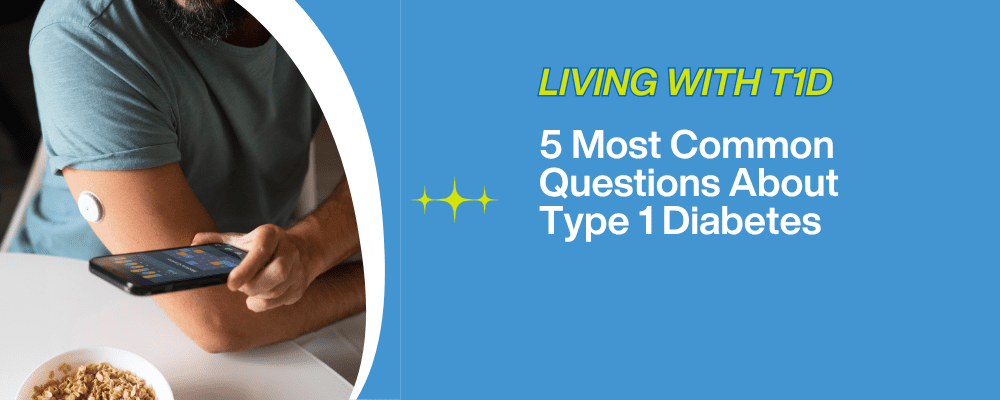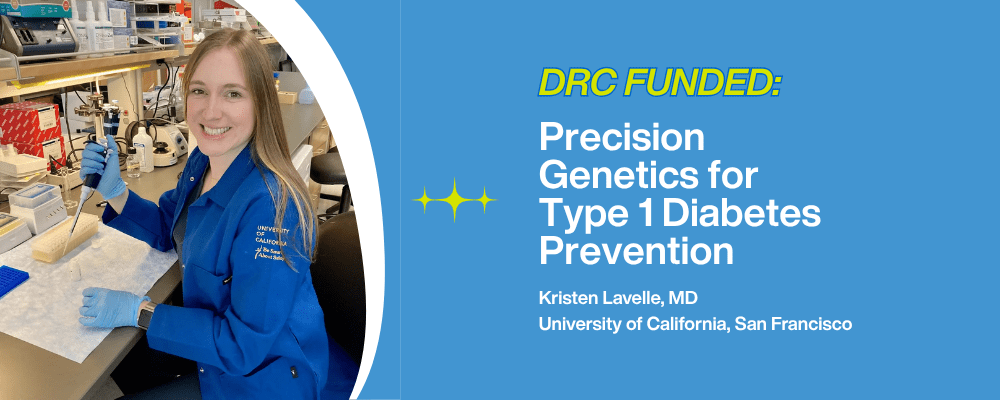Telehealth has come a long way in improving access to care. It has become even easier for patients to connect with healthcare providers without going to their office. Using available technology, a recent study out of the University of California, Davis (UC Davis) examined whether management of type 1 diabetes (T1D) in pediatric patients could be improved through telehealth.
Fifty-seven patients under the age of 18 participated in the study where they were connected with a member of the research team every four, six, or eight weeks via video conference for at least one year. This was in addition to quarterly clinic visits. All of the patients had suboptimal glycemic control before the study began, and most lived at least 30 miles away from the hospital.
The program was led by Stephanie Crossen, a pediatric endocrinologist at UC Davis Health. Prior to each video call, patients sent data from their diabetes devices for Crossen and her team to review. After one year, their findings showed that “83 percent of participants completed four or more diabetes visits within a year, compared to only 21 percent prior to the study,” and “mean HbA1c decreased from 10.8 to 9.6 among participants who completed the full year.”
In addition, 93 percent of participants were highly satisfied with the program, and more participants were using technology such as insulin pumps and continuous glucose monitors (CGMs). However, one area that did not change significantly was the number of diabetes-related emergency room or hospital visits.
Still, the study shows that telehealth could be a valuable intervention for children and youth with type 1 diabetes to help them better manage their disease and health outcomes. A reduction in HbA1c levels and an increase in frequency of care is encouraging. Telehealth may be one more tool for effectively supporting individuals with T1D.
Research continues to advance the understanding, treatment, and management of T1D. Though not involved with this study, the Diabetes Research Connection (DRC) supports these efforts as well by providing critical funding to early-career scientists studying the disease. Researchers can receive up to $50K for novel, peer-reviewed projects aimed at preventing or curing type 1 diabetes, minimizing its complications, and improving quality of life for individuals living with the disease. Click to learn more about current projects and provide support.




